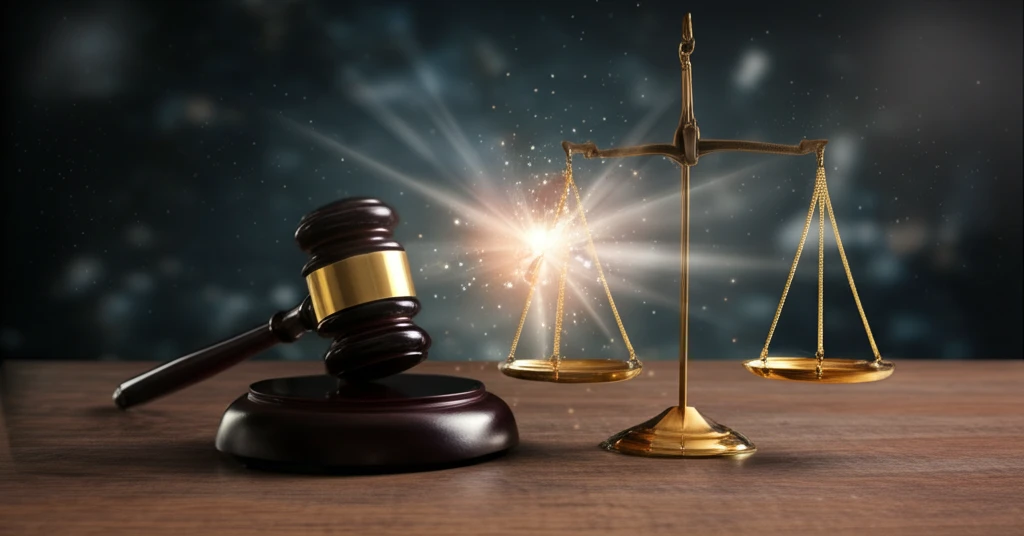
Navigating Moral Mazes: How to Align Personal Values with Professional Ethics
"Exploring the complex interplay of fundamental values in law and justice, and how ethical culture shapes professional conduct."
In the intricate landscape of law and justice, legal ethics serve as a compass, guiding professionals through a maze of moral considerations. While ethical standards are formally taught in Bar qualification courses and debated in academic reviews like 'Fundamental Values,' the practical application of these principles often presents a challenge. How do legal professionals reconcile their personal beliefs with the obligations of their profession? This article delves into the heart of this question, exploring the multifaceted nature of fundamental values and their impact on legal and ethical decision-making.
Fundamental values are not static concepts; they evolve with societal norms and individual perspectives. What was once considered acceptable may later be deemed unethical, and vice versa. The challenge lies in identifying and prioritizing these values in a way that promotes justice, fairness, and the well-being of society. This article examines how these values shape legal ethics, influence professional conduct, and ultimately affect the pursuit of justice.
From historical precedents to contemporary debates, we will explore the ways in which legal professionals grapple with ethical dilemmas. We will also discuss the importance of fostering an ethical culture that encourages integrity, transparency, and accountability. Join us as we navigate the complexities of legal ethics and discover how to align personal values with professional responsibilities.
The Shifting Sands of Fundamental Values: What Are We Really Upholding?

Legal ethics are more than just a set of rules; they are a reflection of society's values and beliefs. However, these values are not always clear-cut, and can often conflict with one another. Consider the historical example of bans imposed by French municipalities on local funfairs where revellers were permitted to shoot a dwarf from a cannon. The official reason cited was the maintenance of public order. The regional courts initially overturned the bans, pointing out that the shows were entirely orderly. The real issue, they argued, was human dignity.
- Human Dignity: Protecting the inherent worth and value of every individual.
- Public Order: Maintaining peace and safety within society.
- Individual Autonomy: Respecting the right of individuals to make their own choices.
- Economic Freedom: Ensuring the ability of individuals and businesses to engage in trade and commerce.
- Fairness and Justice: Upholding impartiality and equity in legal proceedings and social interactions.
Cultivating an Ethical Culture: The Path Forward
Navigating the complexities of legal ethics requires more than just a set of rules; it demands a commitment to cultivating an ethical culture that values integrity, transparency, and accountability. This culture must be fostered at all levels of the legal profession, from law schools to law firms to the courts. By promoting open dialogue, providing ethical guidance, and holding individuals accountable for their actions, we can create a legal system that is truly just and fair.
